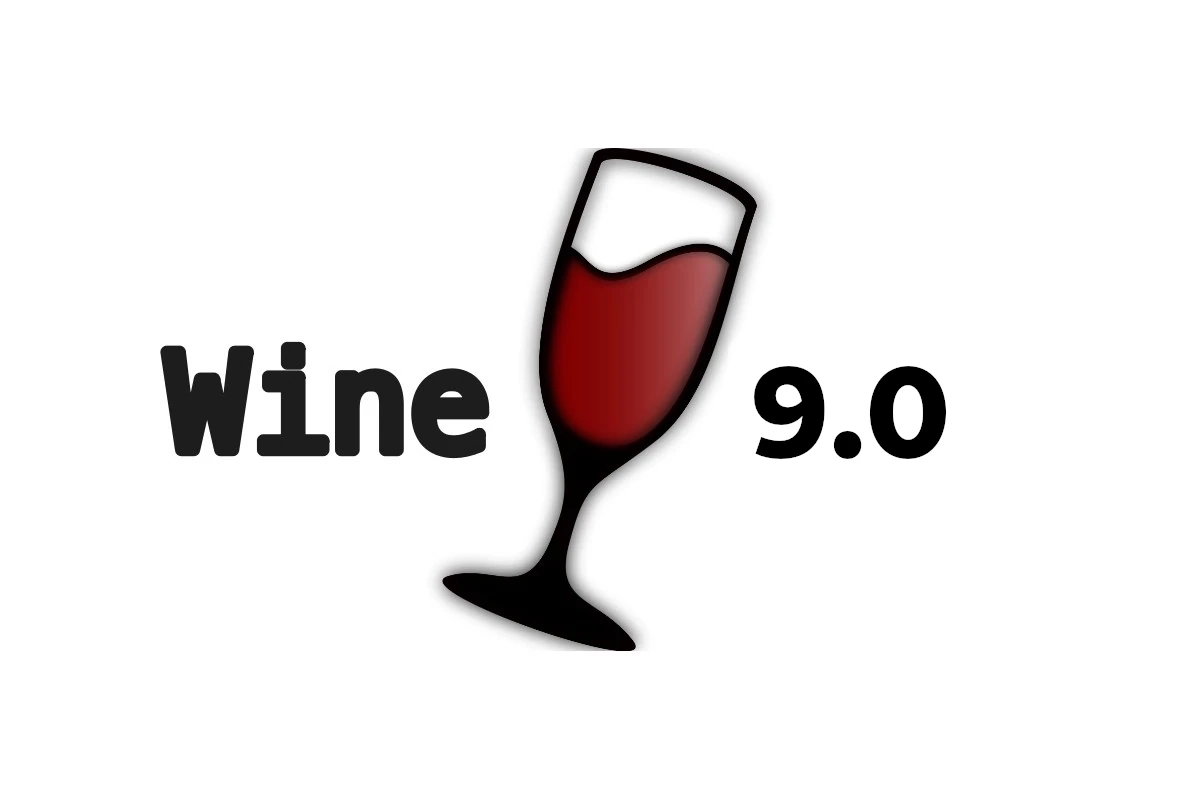Wine 9.0 is the most recent incarnation of this free and open-source compatibility layer designed to allow the execution of Windows-based apps and games on Unix-style operating systems.
Standout elements of Wine 9.0 encompass an innovative Wayland graphical driver, providing features such as elementary window management, high-DPI scaling, relative motion events, and Vulkan support, as well as, the capability to handle multiple monitors.
Given that this is an initial implementation, the Wayland driver does not come activated as standard in Wine 9.0. This implies that users wishing to utilise it will need to activate it via the HKCUSoftwareWineDrivers registry key by launching the wine reg.exe add HKCU\Software\Wine\Drivers /v Graphics /d x11,wayland command and consequently unsetting the DISPLAY environment variable.
The Vulkan driver was improved to enable Vulkan 1.3.272 and above. The PostScript driver was revised to operate with Windows-format spool files and eliminate any direct calls from the Unix side. A new feature has been added – a dark theme option on WinRT theming that can be activated in WineCfg.
Wine 9.0 also adds support for many more instructions to Direct3D 10 effects, implements the Windows Media Video (WMV) decoder DirectX Media Object (DMO), implements the DirectShow Audio Capture and DirectShow MPEG‑1 Video Decoder filters, and adds support for video and system streams, as well as audio streams to the DirectShow MPEG‑1 Stream Splitter filter.
Desktop integration has been improved in this release to allow users to close the desktop window in full-screen desktop mode by using the “Exit desktop” entry in the Start menu, as well as support for export URL/URI protocol associations as URL handlers to the Linux desktop.
Audio support has been enhanced in Wine 9.0 with the implementation of several DirectMusic modules, DLS1 and DLS2 sound font loading, support for the SF2 format for compatibility with Linux standard MIDI sound fonts, Doppler shift support in DirectSound, Indeo IV50 Video for Windows decoder, and MIDI playback in dmsynth.
Wine 9.0 features several notable updates, such as loader support for ARM64X and ARM64EC modules. It enables existing Windows binaries to run on ARM64 systems and initiates building support for the ARM64EC architecture.
This version also introduces a new 32-bit x86 emulation interface and a new WoW64 mode. This mode enhances the running of 32-bit apps on recent macOS versions that can’t support 32-bit Unix processes. It also provides support for DirectInput action maps, enhancing compatibility with many older video games that map controller inputs to in-game actions. Furthermore, Windows 10 is now the default Windows version for new prefixes.
Lastly, there have been updates to the kernel, including support for modern PE binaries’ address space layout randomization (ASLR), improved memory allocation performance via the Low Fragmentation Heap (LFH) implementation, and the capacity to support memory placeholders in the virtual memory allocator to enable apps to reserve virtual space.
Wine 9.0 also adds support for smart cards, adds support for Diffie-Hellman keys in BCrypt, implements the Negotiate security package, adds support for network interface change notifications, and fixes many bugs. For more details, check out the release notes.
Wine 9.0 is available for download right now from the official website.
Last updated 2 hours ago
